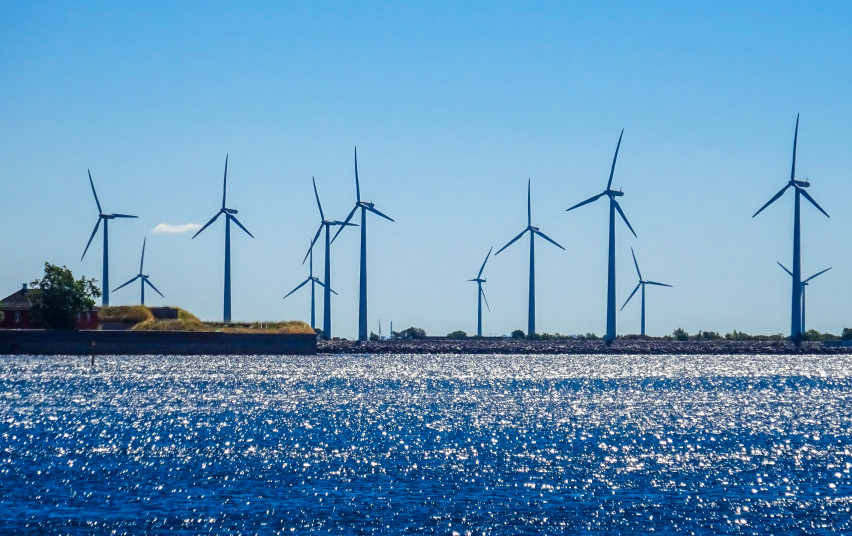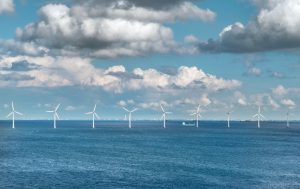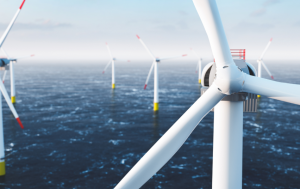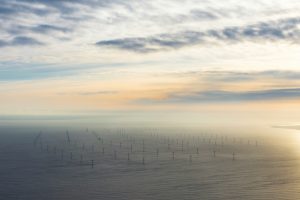Lithuania plans to develop wind energy in the Baltic Sea. For one of the planned offshore wind parks projects, commissioned by the Ministry of Energy, the Coastal Research and Planning Institute is conducting environmental impact assessment (EIA) procedures.
Lithuania's offshore wind park in the Baltic Sea is one of the most important Lithuanian energy independence projects. It will significantly increase the production of electricity from renewable energy sources, thus reducing Lithuania's dependence on electricity imports and ensuring lower electricity prices for residents.
The offshore wind park, which will begin to operate in 2028 in the part of the exclusive economic zone of the Republic of Lithuania in the Baltic Sea near Palanga will attract about EUR 1 billion in investments and create at least 1,300 new jobs.
One of the offshore wind park with a capacity of 700 MW, are expected to generate up to 3 TWh of green electricity per year, which would meet up to a quarter of Lithuania’s current electricity demand.
The offshore wind park will be developed in the Baltic Sea, therefore, in accordance with the requirements of the Helsinki and Espoo Conventions, the Baltic Sea states were informed. During the cross-border consultations held on Tuesday, the impact of the planned wind power plants on the environment was discussed with Latvian and Polish society and representatives of the institutions.
Lithuania will wait for comments and suggestions from the society and institutions of Denmark, Latvia, Poland, Finland and Sweden. They will be taken into account when the Environmental Protection Agency makes a decision on the environmental impact of the planned offshore wind farms after the completion of the cross-border and national EIA procedures.
The Espoo Convention obliges to organize cross-border EIA consultations.




